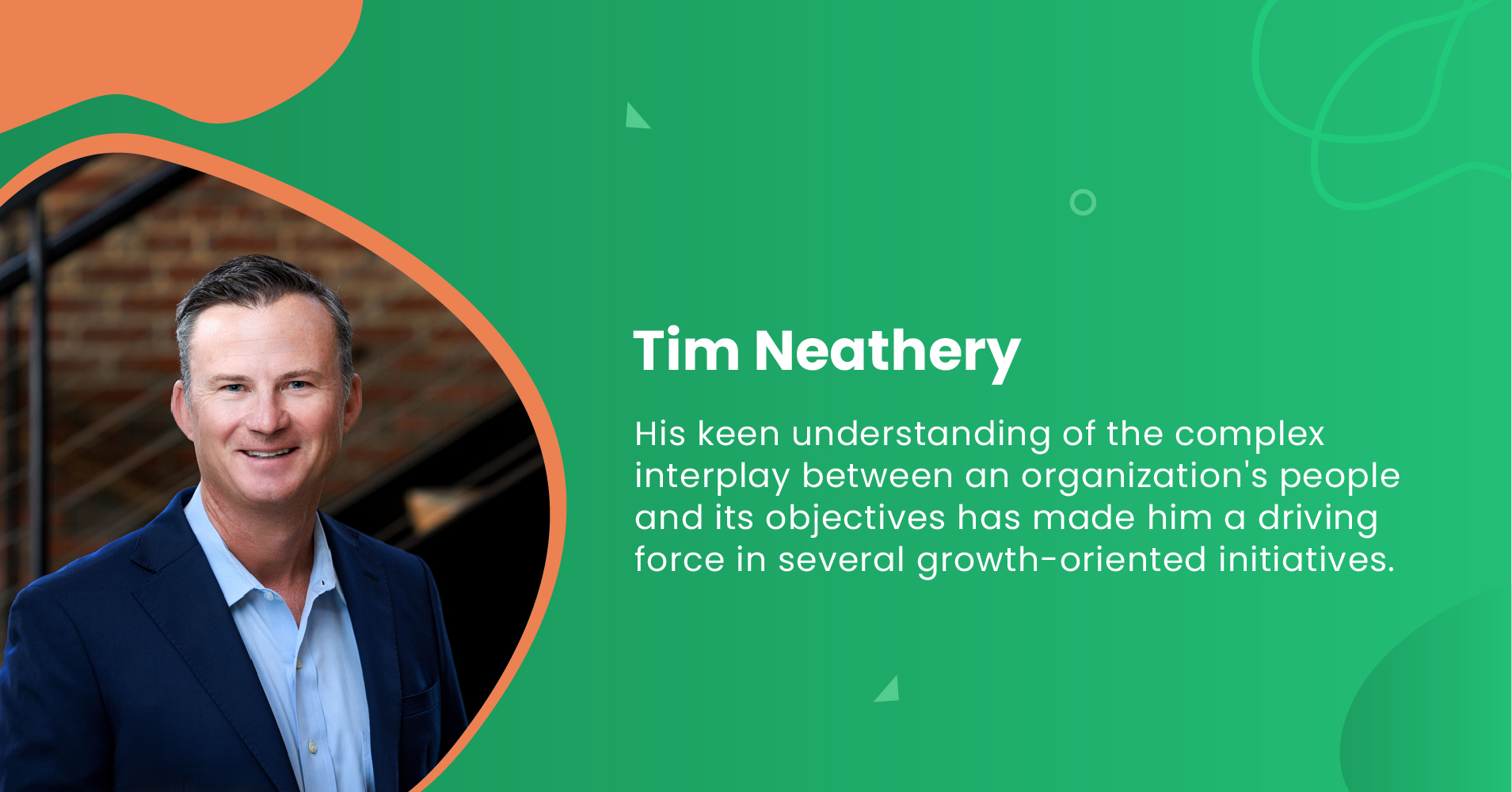
Parent-child communication is one of the most vital components of building a healthy relationship. How parents communicate with their children significantly influences their development, self-esteem, and behavior. Parents need to be intentional in their communication strategies to foster trust, understanding, and open dialogue. This article provides valuable insights on how to communicate effectively with your child, enhancing your relationship and creating a foundation for lasting trust.
The Importance of Active Listening
Communication is a two-way street, and one of the most critical aspects of effective communication with your child is active listening. Active listening involves:
- Give your full attention to your child.
- Making eye contact.
- Showing genuine interest in what they have to say.
When children feel heard and understood, they are more likely to open up and share their thoughts and feelings.
To practice active listening:
Avoid interrupting or jumping to conclusions.
Nod or give verbal affirmations to show you are engaged.
Repeat back or paraphrase what your child says to ensure you understand correctly.
Be patient and allow them to express themselves fully.
By being a good listener, you demonstrate respect for their opinions, which strengthens their confidence and builds trust.
Encouraging Open Dialogue
Creating an environment where your child feels safe to express their thoughts and emotions is crucial for effective communication. Children need to know that their feelings are valid and that they won’t be judged or dismissed. Encouraging open dialogue means being approachable and non-judgmental, no matter what your child wants to discuss.
Some strategies to promote open dialogue include:
Setting aside regular time to talk without distractions.
Avoiding criticism or adverse reactions when your child shares something difficult.
Ask open-ended questions that encourage deeper conversation, such as “How did that make you feel?” or “What do you think we can do about it?”
Reassuring them that they can come to you with anything, and you’ll listen with an open mind.
When children feel comfortable expressing themselves, it fosters a deeper connection and helps them develop problem-solving skills.
Using Positive Language
The way you speak to your child has a significant impact on their behavior and self-esteem. Positive communication involves using encouraging, constructive language that helps guide your child rather than criticize or belittle them. Avoiding harsh words, sarcasm, or a negative tone can prevent your child from feeling defensive or hurt.
Here are some tips for using positive language:
Focus on the behavior, not the person. For example, instead of saying, “You’re so messy,” try saying, “Let’s work on keeping your room tidy.”
Use “I” statements to express how their actions affect you, such as “I feel concerned when you don’t do your homework because I want you to succeed.”
Offer praise and reinforcement when your child exhibits positive behavior, which encourages them to continue.
Positive language fosters a nurturing environment where children feel supported and understood.
Setting Clear Boundaries and Expectations
Children thrive in environments where they understand the boundaries and expectations set for them. Clear communication about rules, responsibilities, and consequences is critical to establishing these guidelines. It’s essential to explain the reasoning behind rules so that children understand their purpose, which can reduce resistance and enhance cooperation.
To set clear boundaries:
Be consistent in enforcing rules and consequences.
Communicate the expectations clearly, using language your child can understand.
Allow your child to ask questions about the rules and provide explanations that help them see the value in following them.
Offer choices when possible, empowering your child to make decisions within the set boundaries.
When boundaries are clear and communicated effectively, children feel secure and understand their role within the family structure.
Managing Emotions and Conflicts
Conflict is a natural part of any relationship, including the parent-child dynamic. How you handle disagreements or emotional situations teaches your child how to navigate their own emotions. Effective communication during conflicts involves staying calm, showing empathy, and working together to resolve the issue.
Here’s how to manage emotions and conflicts:
Stay calm and composed, even when emotions are running high.
Acknowledge your child’s feelings before trying to address the issue. For example, “I can see that you’re upset. Let’s talk about why and find a solution.”
Avoid raising your voice or using punitive language, as this can escalate the conflict.
Work with your child to come up with a compromise or solution that satisfies both parties.
Modeling emotional regulation and respectful communication during conflicts teaches your child valuable life skills they’ll use in their future relationships.
Being Present and Available
One of the simplest yet most impactful ways to communicate effectively with your child is to be present and available. In today’s busy world, it’s easy to get caught up in work, technology, and other distractions, but children need your undivided attention to feel valued and secure.
Here’s how you can be more present:
Set aside dedicated time each day for one-on-one interactions with your child.
Put away electronic devices and give your full attention during conversations.
Show interest in their daily activities, whether it’s school, friends, or hobbies.
Make family time a priority, ensuring there are opportunities for connection during meals, outings, or simple household tasks.
When children know you are available and invested in their lives, it strengthens your bond and encourages open communication.
Building a Foundation of Trust
Effective communication with your child is essential for building trust, fostering emotional growth, and creating a loving and supportive environment. By practicing active listening, encouraging open dialogue, using positive language, and being present, you can create strong and lasting connections with your child. As they grow, your relationship will evolve. Still, the foundation of trust and understanding you’ve built through communication will remain solid, helping you navigate the challenges and joys of parenthood together.